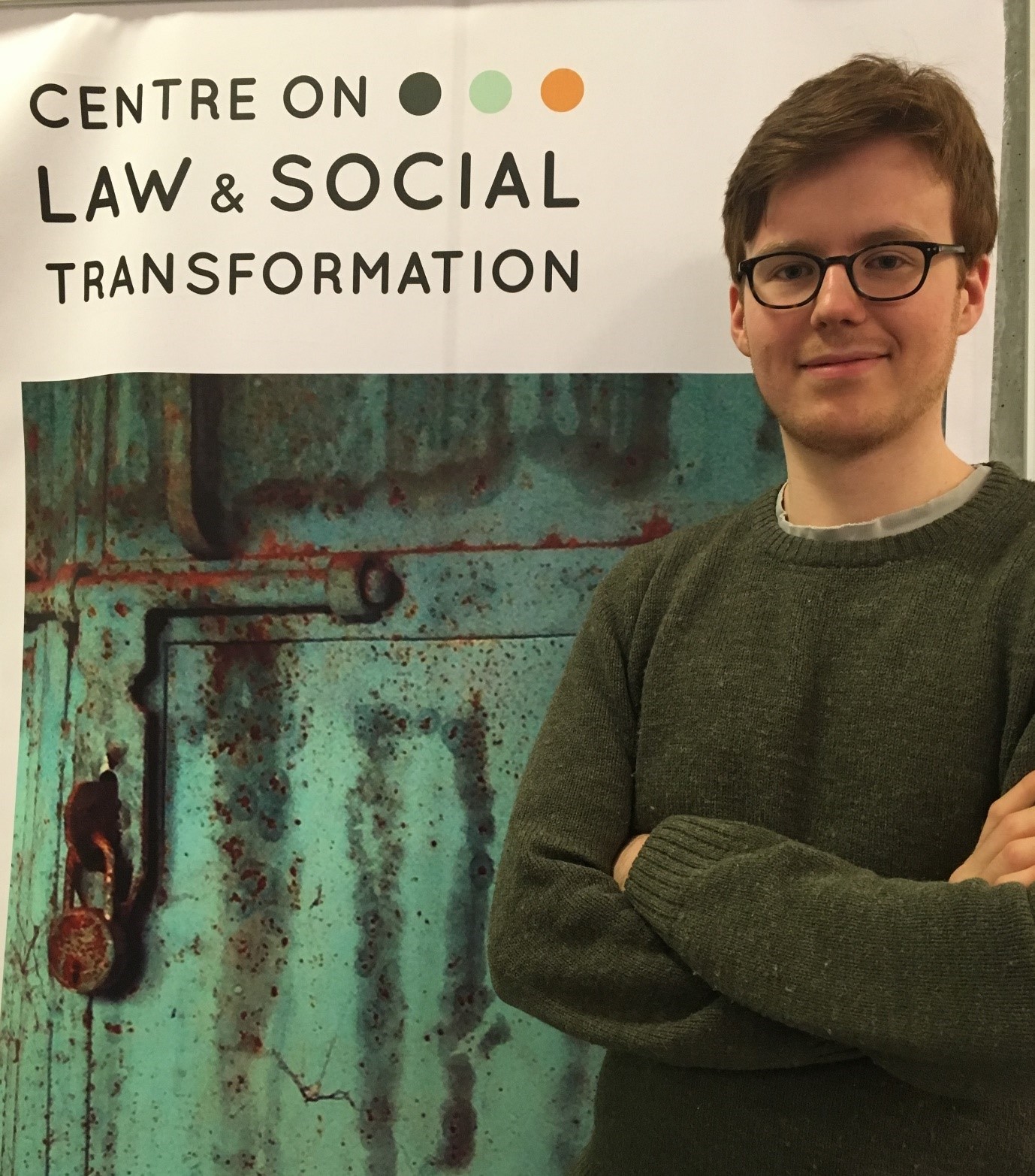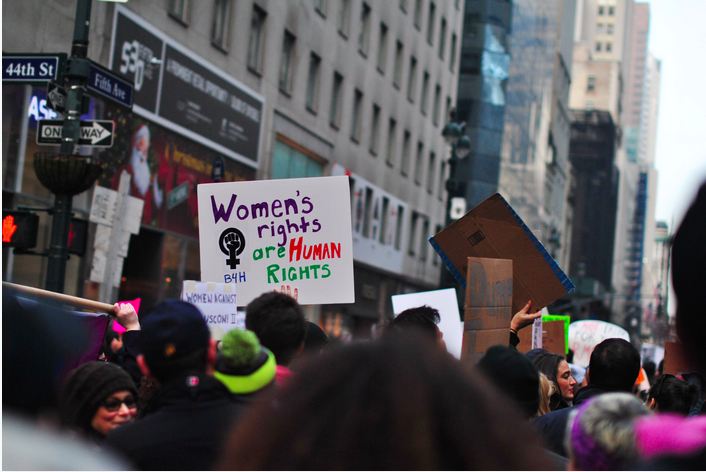Timeframe: 03/01/2016 - 01/12/2022
Why is homosexuality (encompassing lesbian, gay, bi, trans*/LGBT) more politicized and
criminalized in Africa than elsewhere? Can similar politicization of abortion be prevented? And
what are the health impacts? This project analyses LGBT and abortion politics in ten African
countries: Sudan, Tunisia, Senegal, Malawi, Ethiopia, Kenya, Uganda, Mozambique, Zambia and
South Africa.
Development actors have increasingly recognised the importance of the political determinants of health. One way in which politics and power dynamics impact health is through the use of criminal law. The project provides insights into the causes and effects of criminalisation of abortion and same sex relations, which is widespread in low and middle income countries, and has significant detrimental effects on mental health, maternal mortality; the health of women and LGBTs, and HIV transmission.
Methodology: The project combines qualitative case studies, survey data, experiments, and machine learning. A cross-national study of LGBT discourses in African media, using unsupervised machine learning of 20 000 news articles, find contextual differences in framing and are developing a sentiment dictionary to trace how LGBT news coverage respond to political events.
For more about the project, and for our preliminary findings, see here.
Project team: Siri Gloppen, Camila Gianella, Lise Rakner, Liv Tønnessen, Malcolm Langford, Nicholas Orago, Adrian Jjuuko, Elisabeth Ivarsflaten, Alicia Ely Yamin, Getnet Tadele, Marta Rodriguez de Assis Machado, Carmeliza Soares Da Costa Rosario, Charles Ngwena, Edge Kanyongolo, Frans Viljoen, Fiona Shen-Bayh, Leo Arriola, Mindy Roseman, Samia Al Nager, Rebecca Cook, Vegard Vibe, Landilani Banda, Ingvild Aagedal Skage (Postdoctoral candidate), Satang Nabaneh (PhD candidate)
Recent Publications
- Adrian Jjuuko, Siri Gloppen, Frans Viljoen & Alan Msosa. Queer lawfare in Africa: Legal strategies in contexts of LGBTIQ+ criminalisation and politicisation. Pretoria University Law Press. 2022.
- Gianella, C. (2022) When Winning in the Courts is Not Enough: Abortion and the Limits of Legal Mobilization Without Grassroots Involvement in Peru. In Botero, Sandra; Brinks, Daniel M.; Gonzalez-Ocantos, Ezequiel A. The Limits of Judicialization From Progress to Backlash in Latin America, 2022.
- Maffi, I. (2022). The production of ignorance about medical abortion in Tunisia: between state policies, medical opposition, patriarchal logics and Islamic revival. Reproductive Biomedicine and Society Online, vol.14, pp. 111-120.
- Nabaneh, S. (2021). ‘Abortion and ‘conscientious objection’ in South Africa: The need for regulation’ in Durojaye, E., Mirugi-Mukundi, G. & Ngwena, C. (eds). Advancing Sexual and Reproductive Health and Rights in Africa: Constraints and Opportunities (Routledge), pp. 16-34.
- Siri Glopppen and Lise Rakner. LGBT Rights in Africa. Research Handbook on Gender, Sexuality and the Law. 2020.
- Irene Maffi. Abortion in Post-Revolutionary Tunisia. Politics, medicine and morality. New York and Oxford: Berghahn Books. 2020.
- Adrian Jjuuko. Strategic Litigation and the Struggle for Lesbian, Gay and Bisexual Equality in Africa. Daraja Press. 2020.
- Satang Nabaneh. Power Dynamics in The Provision of Legal Abortion: A Feminist Perspective on Nurses and Conscientious Objection in South Africa. PhD Thesis. Supervisors: Ngwena, Ch. and Gloppen, S. 2020.
For a full list of publications, see here.
Recent Events
Roundtable: Abortion Lawfare: Global Battles. Date: 24 August, 2022. In this roundtable, researchers from different regions present findings from their work on abortion politics, bringing out similarities and differences between countries to enable us to understand what impacts abortion politics in different circumstances, and how transnational pressures play into the domestic contexts, including the ever more heated abortion rights lawfare in the US.
Roundtable: Queer Lawfare in Africa: Queer Identities as Political Currency in Autocratization Processes and Courts as Sites of Resistance. Date: 26 August 2022. This roundtable discusses the dynamics of queer lawfare in a range of African countries: why developments are so different across countries; how autocratic leaders use anti-queer mobilization; and the relationship between queer activism and political backlash.
Book launch: Strategic Litigation and the Struggle for Lesbian, Gay and Bisexual Equality in Africa. Date: 18 February 2021.
Legal determinants of health inequalities: Rethinking health systems beyond the pandemic. Date: 18 August 2021. The pandemic has demonstrated just how deeply flawed most of the world’s health systems are – including global health governance – and the extent to which health systems serve as drivers and catalysts for social inequality. This keynote and roundtable discuss paths towards more equitable health systems and health governance.
Roundtable: Effects of lockdown on queer lives. Date: 20 August 2020 This roundtable was part of the Bergen Exchanges 2020. There were presented findings from a survey of the LGBT community in Mozambique concerning their experienced during the lockdown, as well as a perspective from Uganda. With: Siri Gloppen (UiB), Carmeliza Rosario (UiB), Camila Gianella (CMI) and Adrian Juuko (HRAPF).
Indigenous governance, intersectionality and gender equality. Date 20 August 2019 With: Ruth Rubio-Marin (EUI/University of Sevilla), Pilar Domingo (ODI,) Elin Monstad(UiB), Rachel Sieder (CIESAS/CMI), Irina Tiurikova (UiB). Chair: Marta Machado (FGV Law School).
 Masters week – Attitudes towards homosexuals in Africa
Masters week – Attitudes towards homosexuals in Africa
With: Ruben Berge Mathisen, Norman Anderssen, Lise Rakner and Ingvild Aagedal Skage.
Date: 5 March 2019
 Den nye abortdebatten – globale og juridiske perspektiver
Den nye abortdebatten – globale og juridiske perspektiver
With: Hans Fredrik Marthinussen, Liv Tønnessen and Heidi Frances Thornhill
Date: 13 December 2018
For more project events, see here.
Project information
Timeframe: January 2016 – December 2022
Funder: Norwegian Research Council
Project Leader: Siri Gloppen
The project is a collaboration between the CMI/LawTransform, the universities of Bergen, Pretoria and Georgetown, UNI, COWI (Mozambique), KELIN (Kenya) and CEHURD (Uganda).
